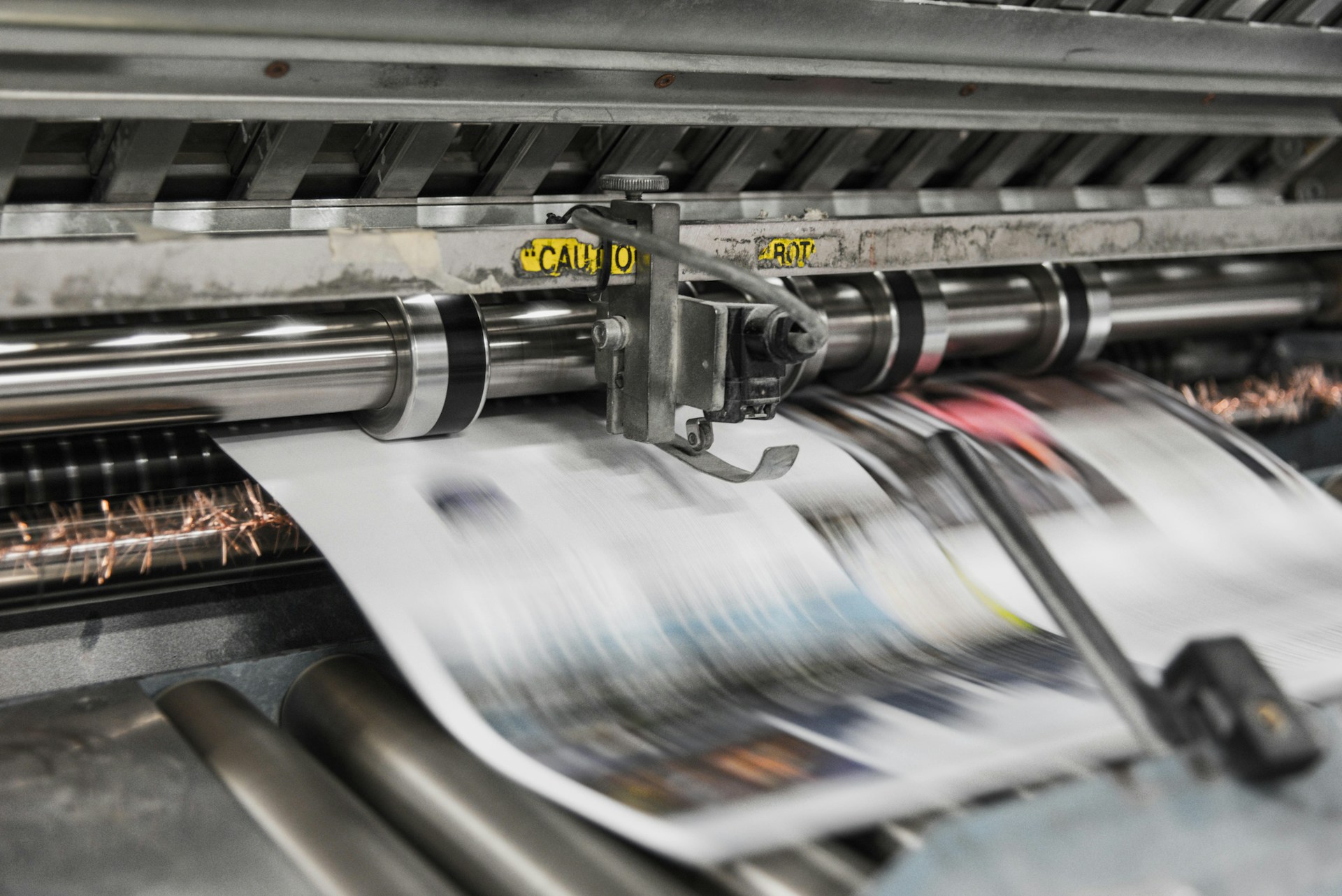Does the delicate dance between politicians and political journalists distort what the public is told and when? Zacharias Szumer investigates.
At the 2023 ALP National Conference, one NSW upper house member lamented to your correspondent that certain press gallery journalists had “better access to what’s on the agenda of the conference than an ordinary rank-and-file delegate”.
His particular gripe was that select journos had received the text of pro-AUKUS amendments well before they were shown to members on the conference floor, many of whom were less enthusiastic than the senders about the $368 billion nuclear subs deal.
All the way with Anthony A – Labor locks in AUKUS support despite union opposition
In the media world, dispatching information to select journalists or media outlets is known as a ‘drop’, sent by political figures of all kinds, whether they be government ministers or minor party senators.
For instance, the Coalition’s nuclear policy was given first to NewsCorp outlets, presumably with the (correct) presumption that the network would give them a more positive first splash in the media.
And by the by – as evidence of how cozy the Coalition-News Corp relationship is, your correspondent has heard that some Murdoch staffers were seriously miffed that Sussan Ley published her first op-ed as Opposition leader with The Nightly, a Seven West Media-owned outlet, rather than with them – what a betrayal!
Beyond editorial biases, giving an outlet an ‘exclusive’ also makes it far more likely that the info will be run in a prominent place and promoted with more zest.
A dying demographic: how Murdoch is slowly killing the Liberal Party
Strictly embargoed!
While only handpicked journalists or outlets get drops, most mainstream outlets receive releases about soon-to-be-announced policies, etc., ahead of release, ostensibly to help them plan their coverage.
In media parlance, such info is ‘under embargo’ until the time stipulated, with such stipulations usually coming in all-caps, underlined, red-coloured text, e.g.:
STRICTLY EMBARGOED UNTIL 10:30 PM
These are often simultaneously sent to journalists of most mainstream outlets.
So, when you see news of a government policy published by multiple outlets within minutes of each other, odds are it came from such a press release.
For instance, Labor’s $8.5B Medicare campaign pledge was just one of many campaign announcements that were dropped ahead of time to the media.
Once the embargo lifted, the publishing cascade began: with the Sydney Morning Herald ($) possibly first off the mark at 10:30pm, followed by SBS News at 10:31, the ABC at 10:32 and an uncharacteristically slow Reuters at 10:45.
Feeding the Chooks: Scott Morrison’s marketing triumph over mainstream media
Beyond such multi-outlet news barrages, any article telling you that a politician “will today/tomorrow announce” is also usually a clear sign that it came from a media release or drop.
No third-party comment
Sometimes, such media releases also contain a ‘STRICTLY NO THIRD-PARTY COMMENT’ provision.
This means that, until the embargo lifts, journalists aren’t allowed to reach out to political opponents for a response or to independent experts for critical analysis.
If an outlet waits until the embargo lifts to interview independent experts and provide a more critical take, they’ll be late to the party. Hence, many choose to join the party and leave the critical analysis to later.
While some journalists have the knowledge to apply a critical lens to embargoed info, based on their own knowledge or previous expert commentary,
plenty of ‘breaking news’ stories are little more than rewritten press releases.
Your correspondent has been responsible for more than a few of those.
Such press-release regurgitation isn’t the result of journalists being unthinking automatons – at least not most of the time. Rather, it’s usually caused by pressure to quickly churn out news about a subject on which the journalist may have scant background knowledge.
But regardless of why it happens, joining a post-embargo media rush still presents a real ethical dilemma for the media. While such info may itself be newsworthy, outlets are essentially helping senders blast out a message in surround sound – and thus shape the news cycle.
For some, this is as it should be; journalists apply their discretion about whether embargoed information is sufficiently newsworthy and, if it is, then it should shape the news cycle.
One counterpoint is that this results in rapid shifts of media attention away from the news of yesterday, which may have been the primary reason a certain announcement gets made at a certain point in time.
Remembering who we work for
Missives from Canberra aren’t usually sent out to every journalist or editor at a given outlet; they’re usually sent only to select journalists or bureau chiefs, who are thus reliant on a relationship with the sender if they want to keep the info flowing.
This has raised criticism that some journalists become ‘tamed’ and park certain stories to maintain good relations with the senders.
Several current and former political reporters told MWM they were certain such self-censorship happens, but said it was a) not something they had personally experienced or b) something they tried to avoid as much as possible.
One reporter who has covered federal politics for many years said:
“Generally speaking, no journalist worth being in the federal press gallery tailors their reporting to keep the embargoed drops coming. Sure, some may, but most are focused on trying to prove what spinners don’t want to tell them.” Besides, “Most politicians expect critical reporting. You can manage a relationship without compromising your coverage one iota if you are professional and upfront.”
The key is remembering who you work for.
It’s important to note that maintaining relationships with subjects isn’t a tension that’s unique to political journalism. Crime reporters often have close relationships with the police, business reporters with business executives, investigative journalists with whistleblowers, and so on.
These relationships can be intimate to a degree that compromises a journalist’s independence, but they can also lead to great journalism.
For instance, Chris Masters spent a decade embedded with Australia’s Special Forces in Afghanistan. That didn’t stop him from breaking a number of hard-hitting stories about alleged war crimes committed by SAS troops.
Zacharias Szumer is a freelance writer from Melbourne. In addition to Michael West Media, he has written for The Monthly, Overland, Jacobin, The Quietus, The South China Morning Post and other outlets.
He was also responsible for our War Power Reforms series.

